Kacchi cotton, also known as “khadi” or “khaddar,” is a type of hand-spun and hand-woven cotton fabric. It has its roots in India and is traditionally associated with Mahatma Gandhi and the Indian independence movement.
Khadi cotton holds significant cultural and historical importance in India. It was promoted by Gandhi as a means to boycott foreign goods and promote self-reliance during the struggle for independence. Gandhi himself spun khadi as a symbolic gesture of self-sufficiency and resistance against British colonial rule.
Khadi cotton is characterized by its coarse texture and rustic appearance, which is a result of being hand-spun and hand-woven. It is often used to make a variety of clothing items such as sarees, dhotis, kurtas, and other traditional Indian garments. Additionally, it is valued for its breathability and comfort, making it suitable for wearing in hot climates.
In modern times, khadi has gained popularity not only for its cultural significance but also for its eco-friendly and sustainable characteristics. The production process of khadi involves minimal use of machinery, making it environmentally friendly and supporting local artisans and communities.
Overall, kacchi cotton or khadi is more than just a fabric; it represents a cultural heritage, a symbol of self-reliance, and a commitment to sustainable living.

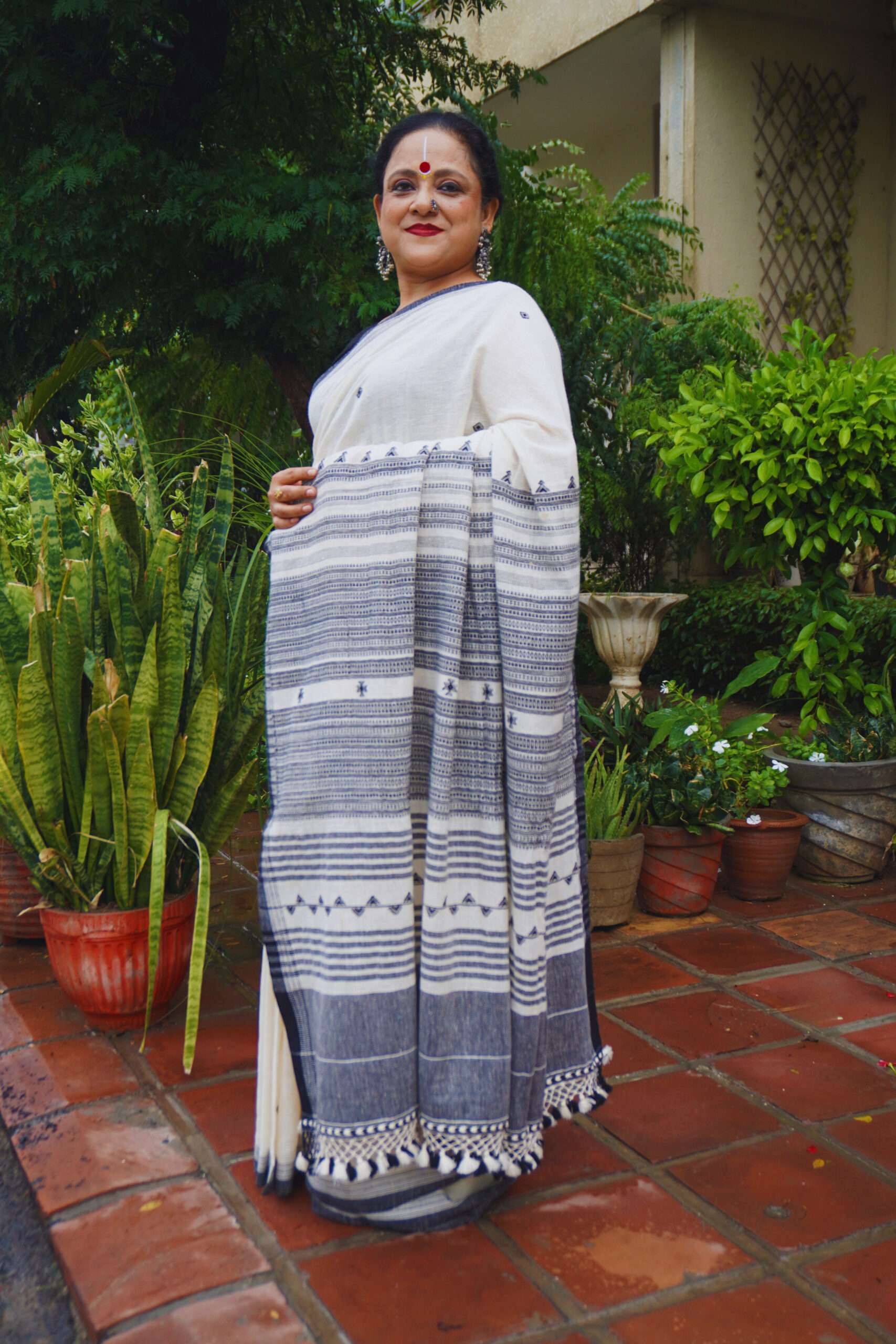
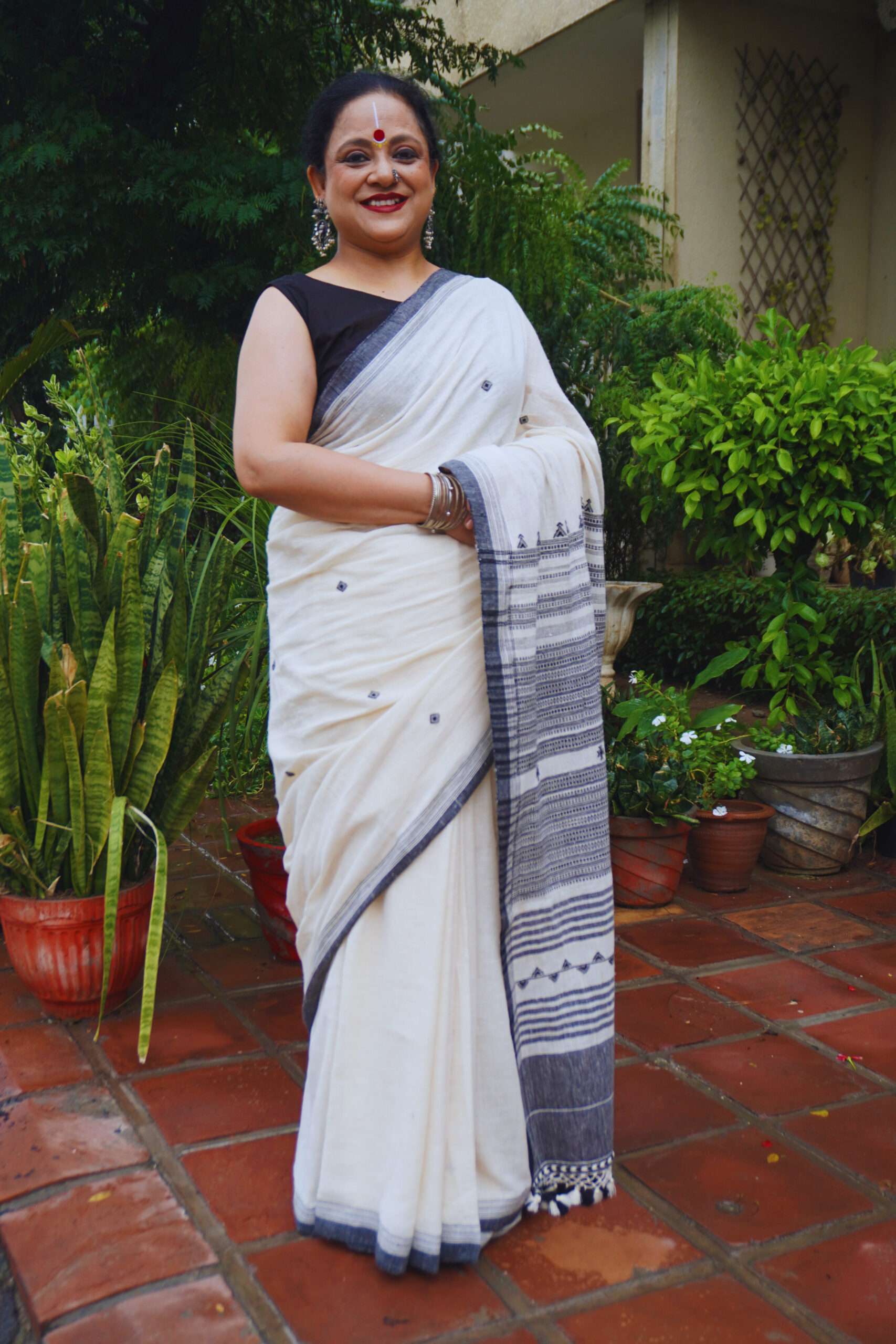
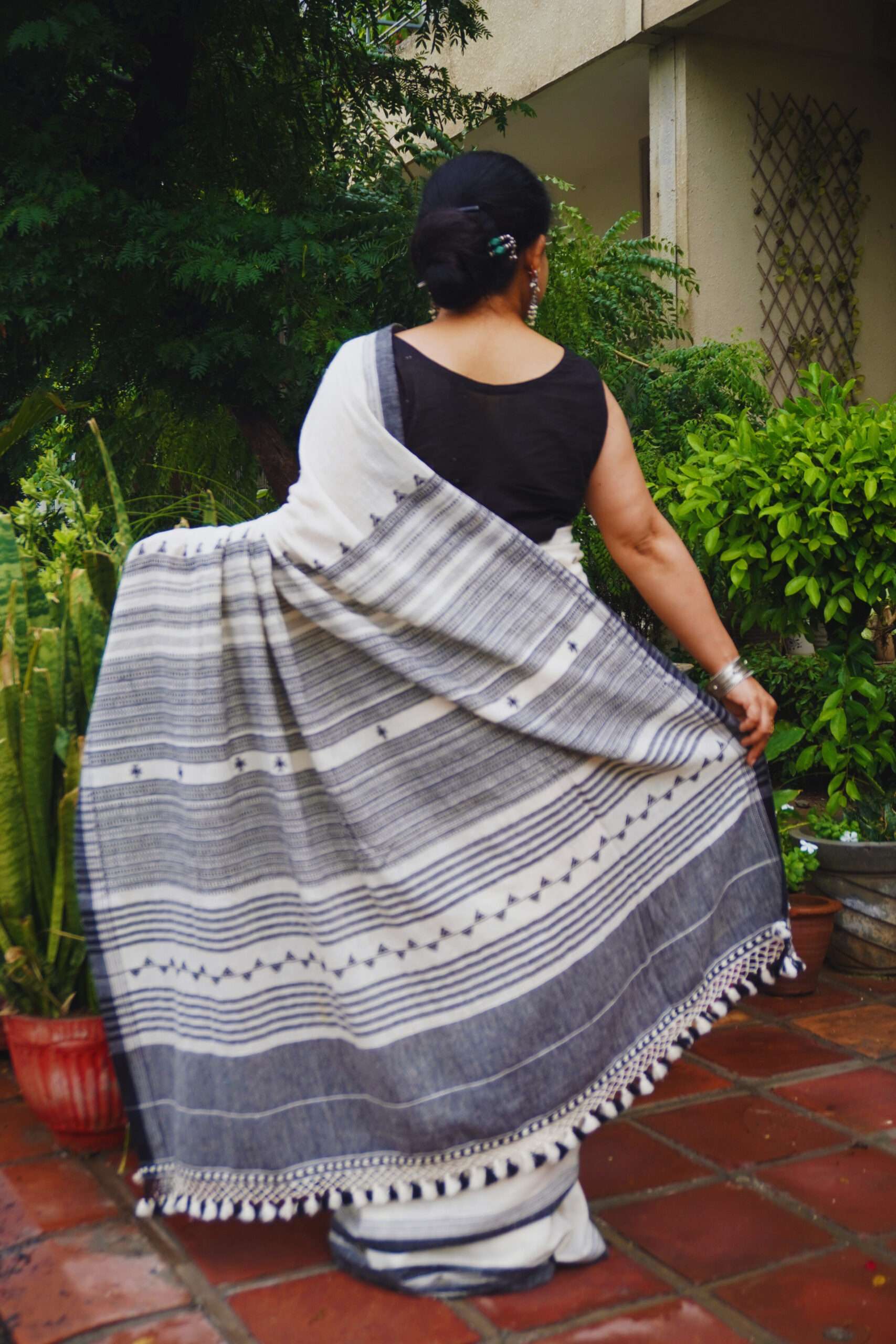
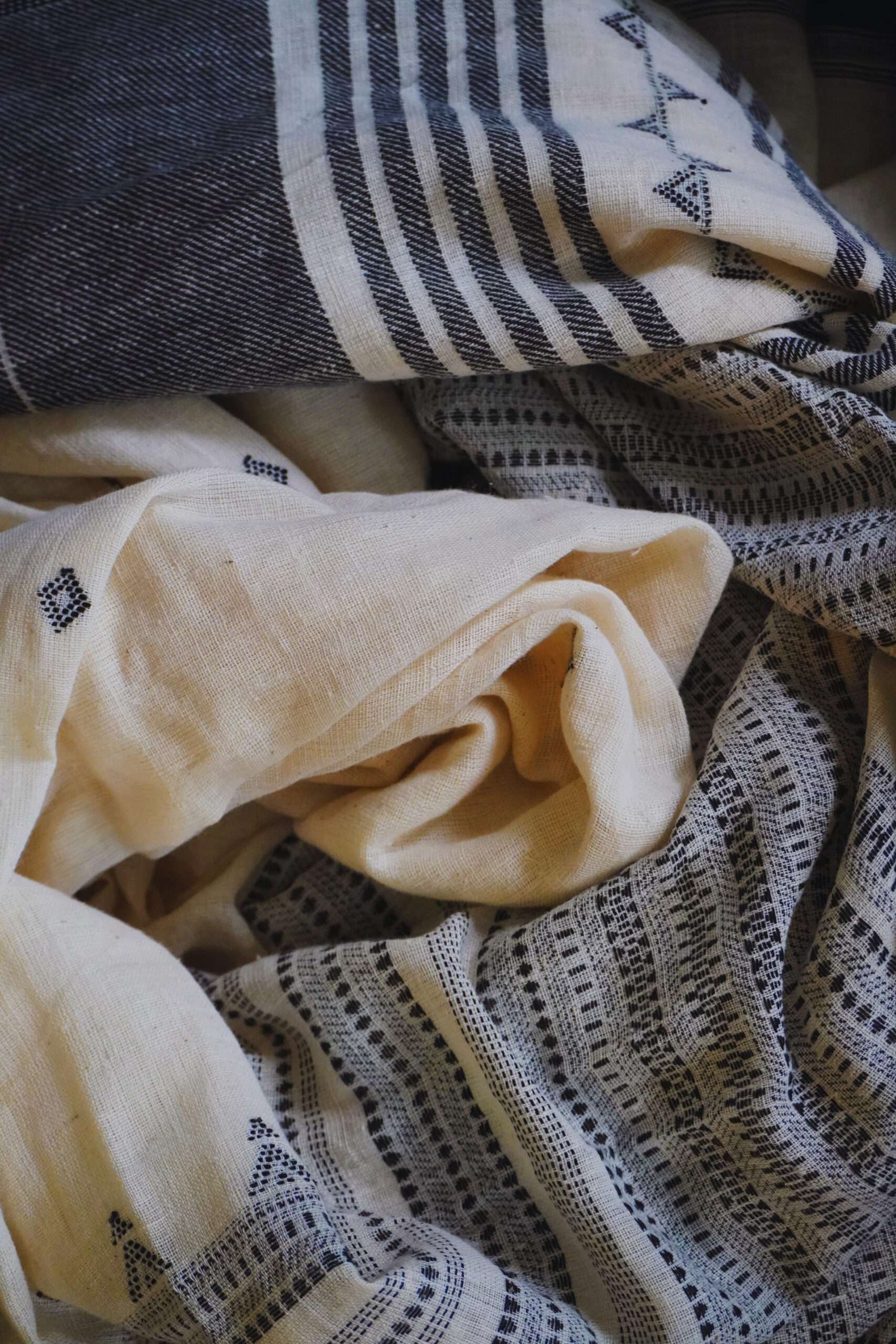




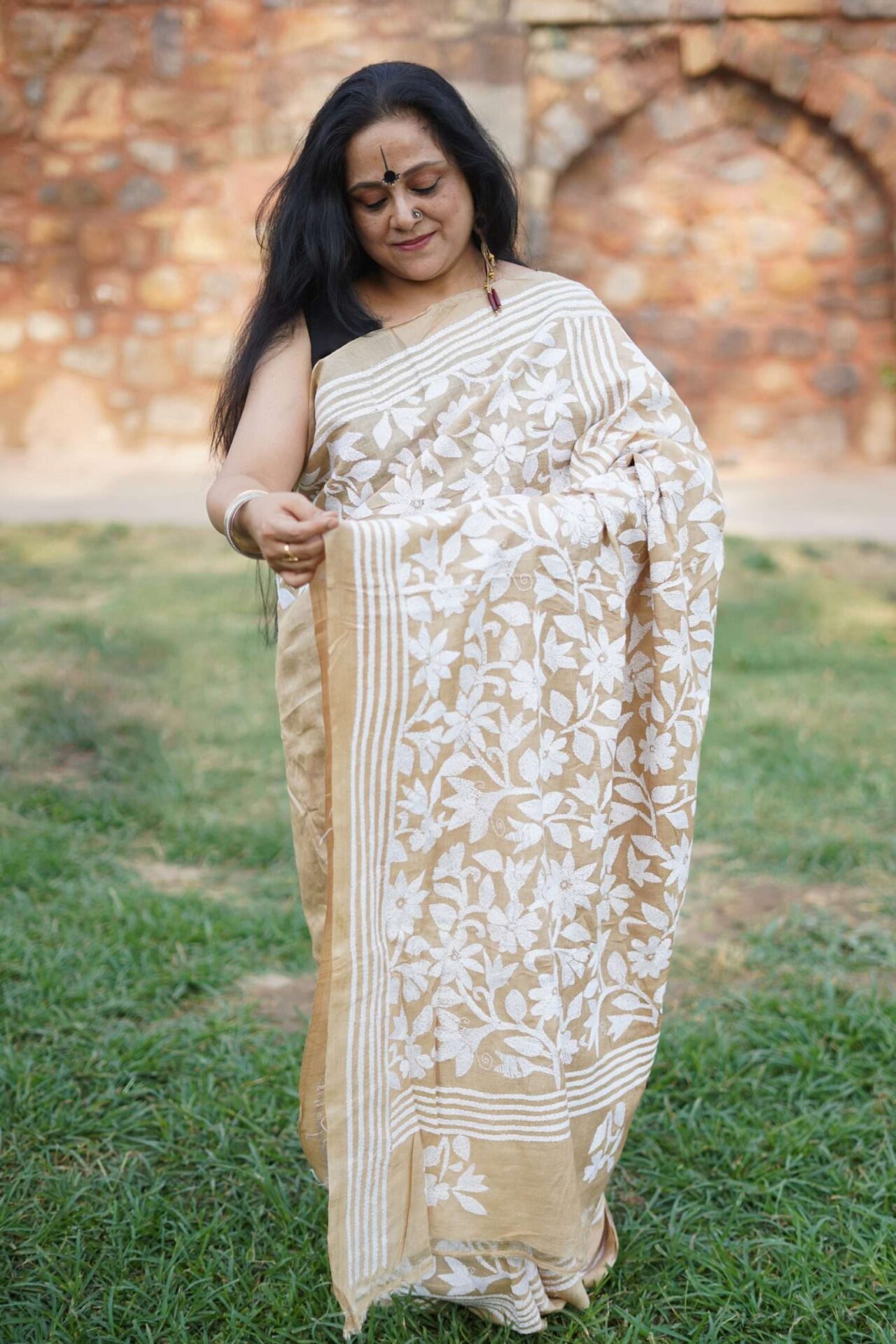
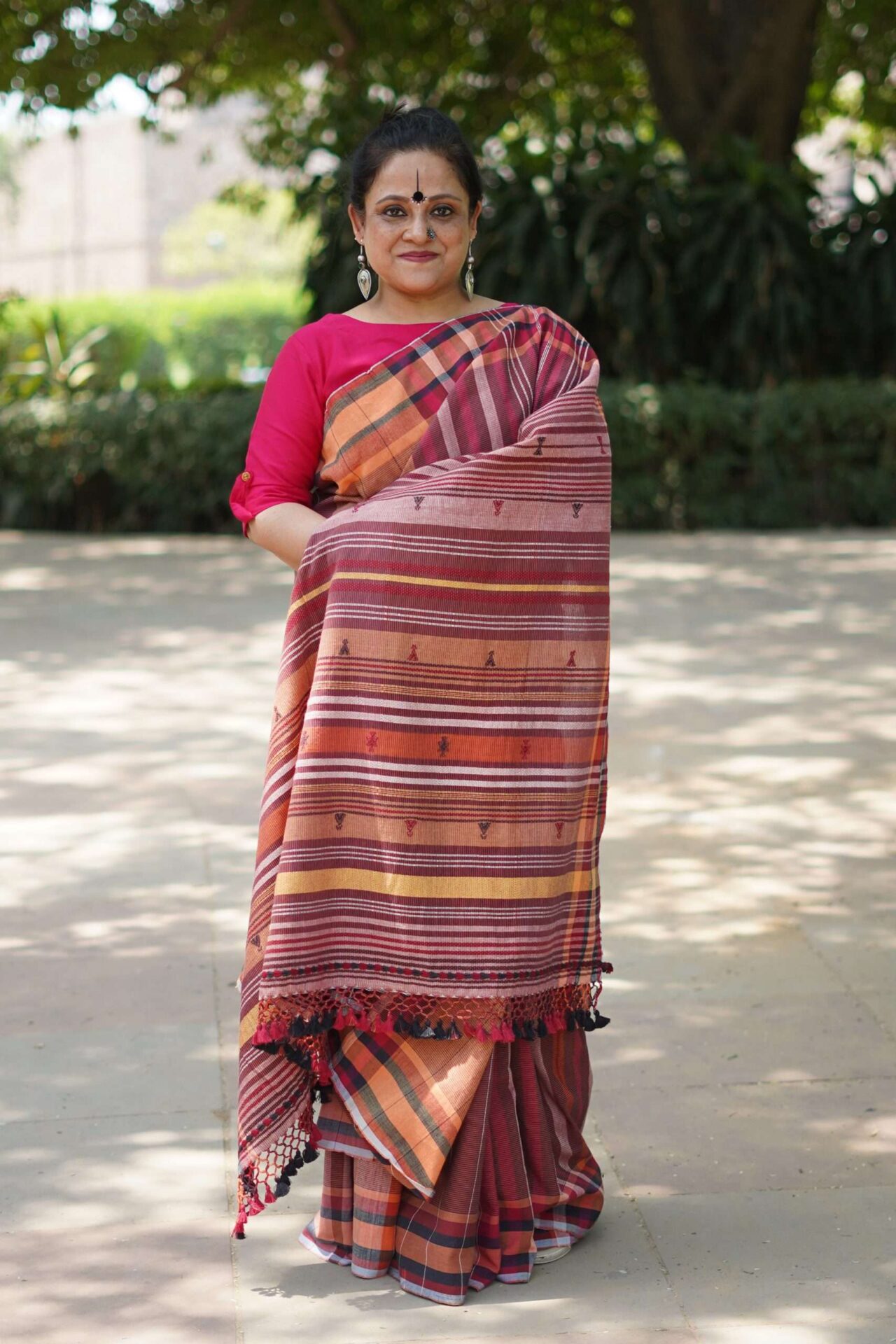

Reviews
There are no reviews yet.